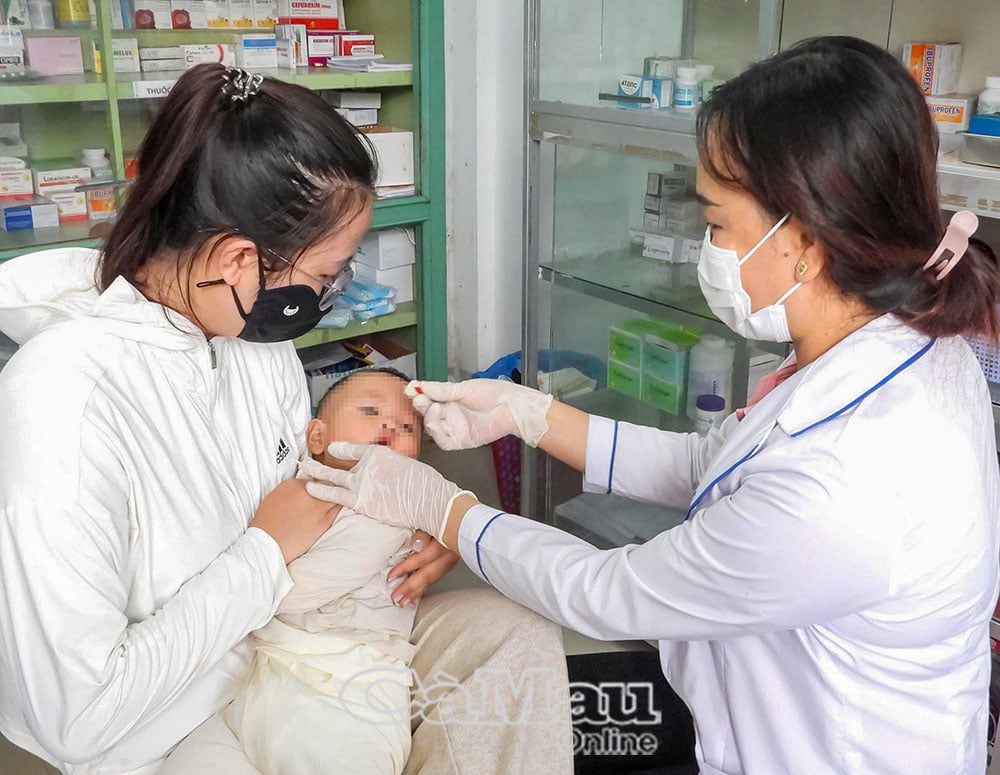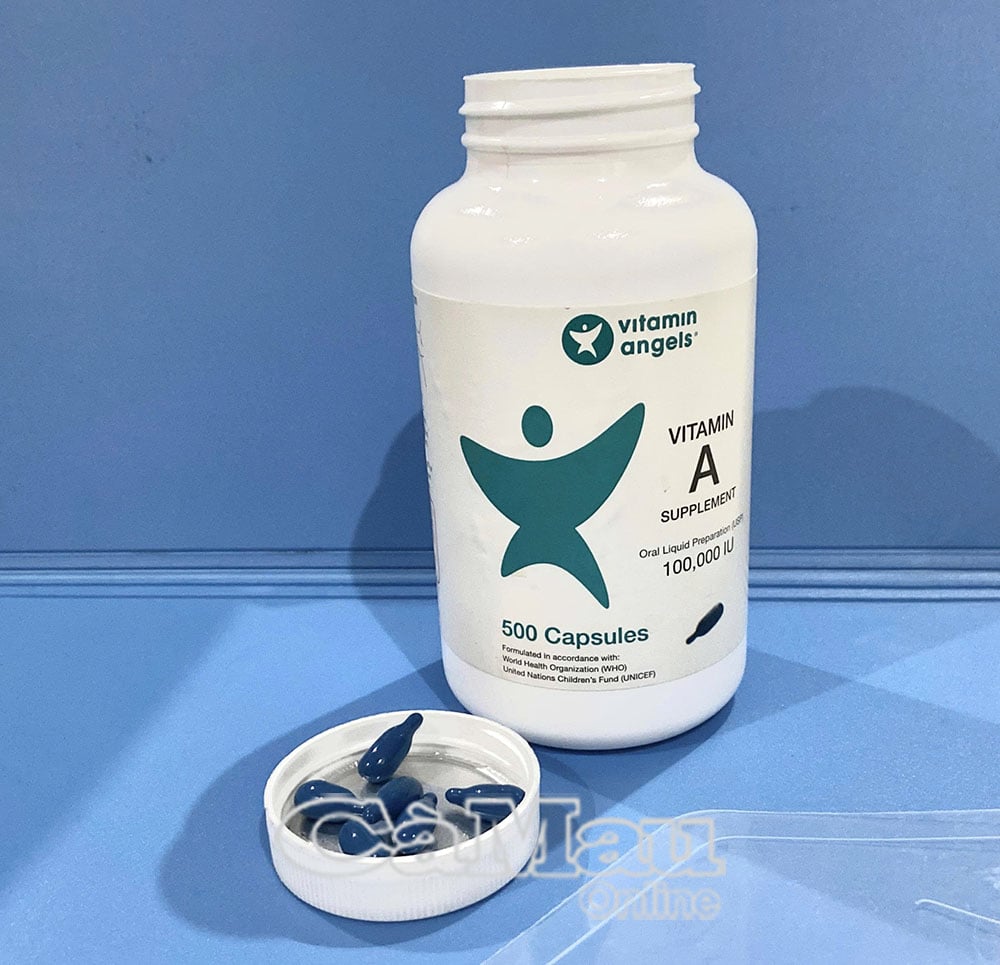
There are about 90 different micronutrients, including water-soluble vitamins (group B, C ...), fat-soluble vitamins (A, D, E, K) and minerals (iron, zinc, iodine, copper, manganese, magnesium ...) that participate in the growth process, physical development, stature and intelligence, improving health, and strengthening the body's resistance. Vitamin A is necessary for growth, healthy vision and protecting the integrity of epithelial cells. Iron is needed for the process of hematopoiesis, creating red blood cells to transport oxygen to tissues in the body. Vitamin D and calcium play an important role in the formation and development of bones and teeth in children, protecting the elderly from osteoporosis. Iodine is a necessary component for the thyroid gland to synthesize thyroid hormones, helping the body's growth, brain formation and development. Zinc helps increase absorption, increase protein synthesis, increase appetite as well as strengthen immunity and help children grow taller.
In 2025, the Micronutrient Day communication campaign will have the theme “Micronutrients are essential for growth, physical development, stature and intelligence, improving health, and strengthening the body's resistance”. This is an opportunity for the health sector to emphasize the essential role of micronutrients, especially vitamin A, in the comprehensive development of young children. At the same time, raise public awareness of the importance of vitamins and minerals for health, especially for children and pregnant women in enhancing immunity, intellectual development, height and preventing many diseases caused by micronutrient deficiencies.
Ms. Nguyen Ngoc Bich, Ly Van Lam commune, Ca Mau city said: "Twice a year, my husband and I take our child to the Health Station to take vitamin A to prevent night blindness and blindness, and to increase resistance."
In addition, a balanced, varied and properly supplemented diet will be the foundation for a healthy and comprehensively developed body. Vitamins are essential micronutrients for the body. Each type of vitamin plays a different role but all contribute to helping the body stay healthy, increase resistance and develop comprehensively.
Vitamin A is a fat-soluble micronutrient necessary for physical development and contributes to strengthening the immune system to protect the body against infections. However, the current diet of families does not meet 100% of the body's needs for vitamins and minerals, including vitamin A. Therefore, children need to take vitamin A supplements to develop well, avoiding the risk of vision problems, immune deficiency, etc.

Families with young children need to regularly consume foods rich in vitamin A found in meat, fish, eggs, milk; dark green vegetables such as spinach, Malabar spinach, sweet potato leaves, amaranth, etc.; tubers and fruits with yellow or dark red colors such as gac fruit, pumpkin, tomatoes, etc. Eat enough oil and fat in meals so that the child's body can absorb vitamin A well. This is a transitional solution, bringing high efficiency in supplementing the necessary vitamin A for children.
To prevent micronutrient deficiency, in addition to the short-term solution of taking micronutrient supplements such as high-dose vitamin A capsules, multi-micronutrient tablets, etc., the medium-term solution is to use micronutrient-fortified foods, the long-term and fundamental solution is to improve the quality of meals. Mothers need to use a variety of foods, combine many types of foods for their children's daily meals, prioritize choosing and using foods rich in micronutrients. Breastfeed your child exclusively for the first 6 months, breastfeed your child until 24 months of age or longer with a reasonable supplementary diet. Use locally available micronutrient-rich foods for your child's daily meals. Add fat or cooking oil to enhance the absorption of fat-soluble vitamins such as vitamin A, vitamin D, vitamin E, vitamin K.
At the same time, children between the ages of 6 and 36 months should take high doses of vitamin A twice a year according to the instructions of the commune, ward, or town health station. Children over 2 years old should take deworming medicine twice a year. Practice food hygiene, personal hygiene, and environmental hygiene to prevent worm and parasite infections...
Mai Thanh
Source: https://baocamau.vn/vi-chat-dinh-duong-can-thiet-cho-qua-trinh-tang-truong-cua-tre-a39403.html
















![[OCOP REVIEW] Tu Duyen Syrup - The essence of herbs from the mountains and forests of Nhu Thanh](https://vphoto.vietnam.vn/thumb/402x226/vietnam/resource/IMAGE/2025/6/5/58ca32fce4ec44039e444fbfae7e75ec)













































































Comment (0)